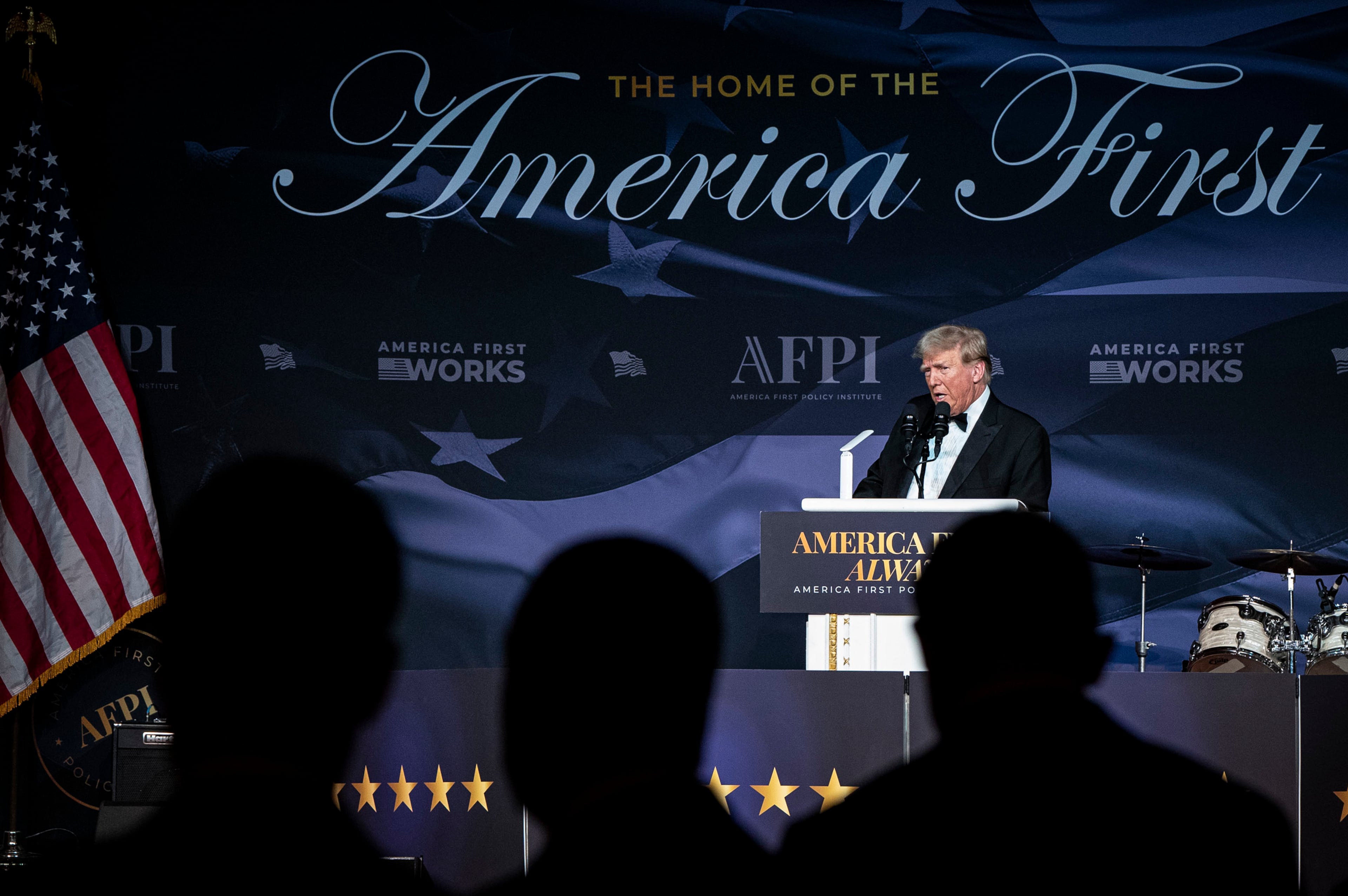OPINION: Former Sen. Sam Nunn speaks out on the dangers in Ukraine

Former Sen. Sam Nunn spent the better part of his 24 years in the U.S. Senate trying to steer the United States away from the scenario that the country finds itself in today — with more than 100,000 Russian troops massed on the border of a European country, in this case, Ukraine, and the most intense standoff between Russia and Western nations since the end of the Cold War.
I spoke with Nunn Monday afternoon about the gathering storm in Europe as the U.N. Security Council met on the issue, but before Russian President Vladimir Putin held a press conference Tuesday accusing the U.S. and NATO of ignoring his country’s security concerns.
(For full disclosure, I worked for Nunn, a moderate Democrat from Perry, as an entry-level staffer in his Senate office during his final term.)
Nunn has deep expertise in U.S.-Russia matters, developed first as chairman of the Senate Armed Services Committee and later as the co-founder with Ted Turner of the Nuclear Threat Initiative, an nonprofit, nonpartisan global security organization focused on reducing nuclear and biological threats.
With tensions with Russia now high, Nunn said the United States should work toward intense short-term diplomacy, coupled with a rethinking of what it means to be a member of NATO. And the U.S. should be ready with significant sanctions for Russia in the event of an invasion of Ukraine.
The goal for now, he said, should be buying time and space for diplomacy with Russia to work.
“We need to make it clear to Russia that we are willing to listen to their legitimate security concerns and take those into account as we make our own security decisions,” he said.
But while that happens, Nunn said, the Russians need to draw down their military forces. “They need to move those forces away from the Ukrainian border.”
The debate in Washington has turned to possible economic sanctions against Russia. Nunn said the threat of sanctions should be significant, and designed to deter Russian military action. Leaders should also consider the possible impacts not just on Russia’s economy, but on the global economy.
“(Sanctions) would have to be very damaging to Russia to be meaningful,” he said. “It would seem to me that [NATO nations] should make the sanctions contingent, because if you go ahead and put sanctions on before an invasion, how does that deter an invasion?”
How exactly did the United State and Western alliance find themselves here?
Much of the answer leads back to the eastward expansion of NATO following the fall of the Soviet Union. The alliance has added 14 nations since then, all meant to be a sign of collective strength and a bulwark against Russian power.
But NATO has also declared Ukraine to be an “aspiring” member. If they became a full-fledged member, NATO territory would be closer than ever to Moscow, a possibility that Putin views an act of aggression.
Nunn said that NATO’s expansion over the years went forward without member nations building up their own militaries enough to defend the expanded territory. And countries may not have fully considered the true costs of defending them all from a military attack.
“NATO has started being too much of a social club and not a hard-nosed military alliance,” he said. “And I think that needs to change and it needs to change by asking the hard questions…'How do we defend the countries that we are pledging to defend without the early use of nuclear weapons?’”
Even as NATO expanded, Nunn said that several of the treaties that used to provide the groundwork for diplomacy between Russia and the United States fell by the wayside, including the Open Skies Treaty that the U.S. withdrew from in the final days of the Trump Administration.
“We have lost the architecture of security in Europe,” he said. “So we have to build mutual security. And that requires diplomacy.” He also said he requires listening to the differing security concerns of the countries in Europe, including Ukraine and Russia.
And Nunn added that the rise of China as a global power since the end of the Cold War makes the current relationship between the United States and Russia even more complicated than it was before.
“The challenge is to think strategically about the very broad global implications.”
Along with the obvious dangers, Nunn and other national security experts say the unknown dangers of mistakes or miscalculations in a moment like this can be severe.
“There are all sorts of ways you could have a blunder from a large buildup,” he said. “You could get a war that no one really intended and it could happen very quickly.”
The current standoff between Russia and Ukraine is profoundly dangerous, he said, not just for the two countries involved, but for the United States and global stability, overall.
“A Russian invasion of Ukraine would be a lose, lose, lose situation,” he said.
And even while members of Congress wrangle over domestic issues in Washington, Nunn said Democrats and Republicans alike should work in concert with the Biden administration to find a way out of the perilous moment that has presented itself.
“This is not the time for partisan points,” he said. “We’ve got the security of Europe and the security of the United States at stake here.”



